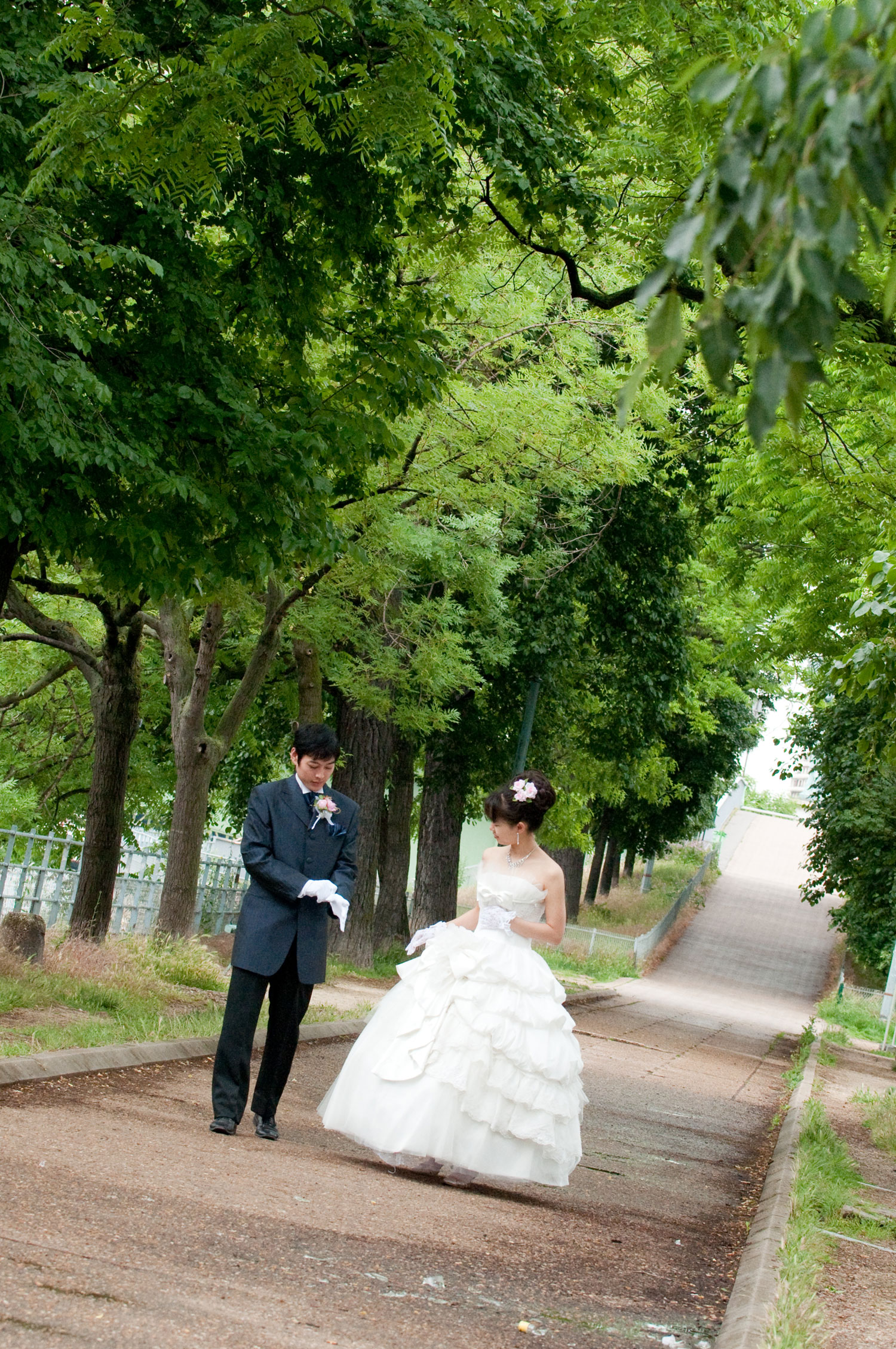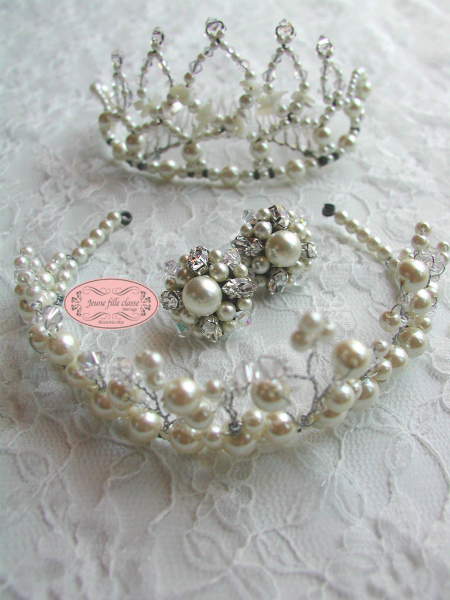wearing a mask makes my allergies worsecarhartt insulated hoodie
wearing a mask makes my allergies worse
- フレンチスタイル 女性のフランス旅行をサポート
- 未分類
- wearing a mask makes my allergies worse
For people with allergic rhinitis or allergic asthma, who develop symptoms after breathing in allergens, masks can be really helpful. Wash and change your mask frequently. The most effective way to treat an allergy is with allergy shots, or immunotherapy. Remove your mask outdoors or in a place where you can maintain 6 feet separation from others. Face masks that are too tight or made of fabric that is scratchy or uncomfortable can rub against the face, causing irritation. Healthline has strict sourcing guidelines and relies on peer-reviewed studies, academic research institutions, and medical associations. With all the bad, you can find some good.. He has lectured at national and international medical conferences and has publications in several medical journals, including Clinical Immunology, World Allergy Organization Journal, Journal of Allergy, Asthma, and Immunology, The Journal of the American Medical Association, and the New England Journal of Medicine., 1235 South Clark Street Suite 305, Arlington, VA 22202, Asthma and Allergy Foundation of America. They also have other benefits for people with asthma and allergies. When wearing two masks, make sure you can see and breathe easily, CDC says. Are face masks helping people with allergies? Not Sure You Have COVID-19? A mask often traps not only heat, but also moisture behind it and inside the nose. "While you want your mask to fit snugly around your face to help prevent respiratory droplets from escaping or coming in, you don't want it to be so tight that it hurts your face. Overall, its unlikely for masking to cause sinus infections or make sinus infections worse. Moisturizers add a protective layer that can reduce the dryness that comes from wearing a face mask. Eye dryness may also result when face masks are taped to seal the top . Allergy season is now 10 days longer than it was in 1990, and trees, grass and weeds are producing 21% more pollen. ARLINGTON HEIGHTS, Ill. For most people, wearing a face has become second nature to them in 2020.While these coverings are protecting you from spreading or contracting COVID-19, a new report reveals they may also be exposing you to particles which make your allergies worse.Researchers with the American College of Allergy, Asthma and Immunology (ACAAI) find certain materials in face masks . All Rights Reserved. A Feb. 2021 study showed that a well-fitted mask using such tactics can reduce exposure to simulated cough particles by 83%. Any advice? Makeup on skin covered by a mask can clog your pores and cause flare-ups, according to the American Academy of Dermatology (AAD). 116 online (0 members The masks people have been wearing to help prevent the spread of COVID-19 are also good at filtering out pollen and other allergens floating in the air. Weed pollen is trending to be higher than what we usually see each year, too. Even the cloth masks most people are wearing in outdoor settings can make a difference, especially those with multiple layers of fabric. In addition to filtering out allergens, wearing a mask also makes the air in our nasal cavities warmer and more humid, said Dr. Dror. Is a Headache a Common Symptom of COVID-19? Why the lab-leak and mask debates are such a disaster - The Atlantic Does Mask Usage Worsen Symptoms in Patients With Rhinosinusitis Balloon Whats more, research shows that if you do get exposed to the COVID-19 virus while wearing a mask, your symptoms may be milder. Staying 6 feet away from other people does help reduce your risk of getting COVID-19 and other viruses from other people. First, wash or sanitize your hands, clean your face with a warm damp face cloth, and allow your face to dry before applying your mask. You can learn more about how we ensure our content is accurate and current by reading our. By entering your email and clicking Sign Up, you're agreeing to let us send you customized marketing messages about us and our advertising partners. Brothers91/Getty Images. Among the 80 nurses who started the study with mild symptoms, 43 nurses, or about 54 percent, felt their symptoms improved while wearing a surgical or N95 mask, said Dr. Amiel Dror, a physician-scientist at Galilee Medical Center and Bar-Ilan University Azrieli Faculty of Medicine and the lead author on the study. Also, with so many people beginning to work at home in the spring of 2020, fewer cars on the road also meant less air pollution being . However, if used thoughtlessly, the masks can also cause unwanted side effects. Wearing Masks with Hay Fever | Kleenex They urge people whove had existing skin issues to consult with an allergist when choosing a face mask. Irritants like strong odors, smoke, and weather changes can trigger nasal (nose) symptoms. Researchers with the American College of Allergy, Asthma and Immunology (ACAAI) find certain materials in face masks can carry allergens, causing skin conditions and other symptoms to flare up. In fact, masking may help prevent sinus infections for some people. Many people dealing with allergies also have skin conditions like eczema or acne that can be made worse by wearing a mask for a prolonged time. If you experience loss of smell and other COVID-19 symptoms, its important to discuss it with your primary care doctor. A face covering can be uncomfortable and cause anxiety if you have various allergies such as rhinitis (inflammation of the inside of your nose), blocked nose, asthma or itchy skin conditions. "Wearing a face mask makes the exhaled air go into the eyes," wrote Antonio I. Lazzarino, Medical Doctor and Epidemiologist, of the University College London, in a letter to the journal BMJ about the side effects of face masks. It should be washed in hot water; its best to use a fragrance-free, hypoallergenic laundry detergent. AAFA also recommends using a HEPA air filter to purify the air in your house. Full-time mask-wearing brings its own set of problems If you arent sure or have concerns, talk to your lung specialist. According to allergists, its not just you. (It can take more than two hours for the dust to settle after a thorough cleaningso, if possible, clean when the allergic patient is away, and avoid cleaning the . This was right after health officials declared COVID a global pandemic and face masks went into everyday use. Adenitis in kids can also look like a sinus infection. Third, masks may act as an extra transmission route or prompt other behaviour that transmits the virus, such as regular face touching. Our clinical staff noted that many patients said that wearing masks seemed to worsen their sinus symptoms and, in some instances, brought about new symptoms. Remove your mask outdoors or in a place where you can maintain 6 feet separation from others. EatThis.com is part of the AllRecipes Food Group. Get the best food tips and diet advice every single day, Now, you'll have the best and latest food and healthy eating news right in your inboxevery CDC recommends you wash it after after every time you wear it. Why are some people getting a sore throat from wearing a mask? You might wonder if you still need to wear a mask when youre social distancing. You can inadvertently be taking your mask off and on, not knowing some of those particles could be irritating your nasal mucosa every time, Gogu says. Many people report nasal congestion and difficulty breathing through their nose while wearing a face mask. Its true your allergies may feel worse this year. However, engaging in improper mask hygiene practices can lead to other health issues far . The review also noted that the American Academy of Allergy Asthma & Immunology (AAAAI) has linked climate change to an increase in the intensity and duration of pollen season. Unfortunately, we are seeing an increase in pollen counts on a yearly basis, and this is due to global warming and an increase in CO2, which we know plays a role in higher pollen counts, said Payel Gupta, an allergist and immunologist and medical director of the at-home allergy clinic Cleared. There are actually three things. Is there a face mask for pollen, dust and mould allergies? If you wear it under your nose, its useless, Coletta says. Can Wearing a Face Mask be Causing Your Dry Eyes? - AARP Cockroaches. Crosby believes that masks, in part, may protect allergy-prone people from some aeroallergens they would otherwise be exposed to, thereby preventing sinus infections. Over several years of treatment, this can . Use a Reusable Face Mask: If you are allergic to disposable masks and tried every . Likewise, you dont need to wear a mask when youre home alone or with the family members who live in your house. That's because a blocked, stuffy nose means you'll be breathing through your mouth. Researchers say face masks carry common allergens in their elastic bands, fabric, and other components which hold the covering together. Pollens & other allergens can build up on the surface of masks. But now it's unbearable. Add these products carefully and sparingly to make sure they improve your condition, and are well-tolerated, without making the problem worse. possibly because the pollen is worse, or because there are more people outdoors due to relaxation of the pandemic restrictions." During the pandemic, her patients had fewer asthma flare-ups than in past years, Cohn said. Using a nasal rinse can help a stuffy and runny nose. Face masks are dangerous to the health of some Canadians and problematic for some others, health advocates say. But masks lower your risk of COVID-19 by at least 70%. Facial pain: sinus or not? "The quality and the volume of speech between two people wearing masks is considerably compromised and they may unconsciously come closer," wrote Lazzarino. It can cause dry, red and itchy skin. xhr.setRequestHeader('Content-Type', 'text/plain;charset=UTF-8'); Ultimately, you're most protected if you and everyone around you wears a mask because this reduces the amount of infectious droplets circulating and, therefore, the amount your mask has to effectively filter. In the past, warm weather didnt appear until April or so, delaying pollen-producing plants from blooming. Should You Still Wear A Mask Even If Everyone Around You Isn't? You might also want to. Remember to wash reusable masks after use. Rhinitis is swelling inside the nose. Doctors recommend people with asthma and other respiratory - WBKO The last thing you want is allergen getting trapped in it, Dr. Parikh said. If this sounds like you, you might be wondering whats going on. WebMD does not provide medical advice, diagnosis or treatment. Difficulty Breathing in a Face Mask? Advice for Asthma - CreakyJoints Learn about treatments to help release the pressure and clear up a toothache. If you have a lung disease like asthma or chronic obstructive pulmonary disease (COPD), its important to take steps to protect yourself from COVID-19 and other viruses. Learn about tips for relieving symptoms like inflammation, nasal congestion, and irritation. (WSOC) RALEIGH, N.C. Eye doctors are warning about a condition they said they see more often, and it's caused by wearing a mask. But for the 19.2 million American adults suffering from seasonal allergies, theres another reason to keep wearing your mask. Asthma & COPD: COVID-19 Myth Busting with Dr. Juanita Mora Nicole Aaronson, MD, MBA, CPE, FACS, FAAP. ", under your mask altogether and to cleanse your face before and after wearing a mask," reports Cnet. Can a Face Mask Make You Sick? - Cleveland Clinic day, 2022 Galvanized Media. This could be contributing to the perception of allergies being worse than usual, said Stephanie Leeds, a Yale Medicine pediatric allergist and immunologist and assistant professor at Yale School of Medicine. Myth #5: Wearing a mask will make me sick. Using masks to alleviate allergy symptoms can require a bit of trial and error, said Dr. Purvi Parikh, an allergist and immunologist at N.Y.U. Our experts continually monitor the health and wellness space, and we update our articles when new information becomes available. Coincidence? Wearing mask brings on Afib & high blood pressure? In one 2020 study . "Not to mention, the foundation can also rub off on your mask, leading to, Dr. Fauci Just Said When We'd Be Back to "Normal", fit snugly but comfortably against the side of the face, be able to be laundered and machine dried without damage or change to shape", As for yourself: To get through this pandemic at your healthiest, don't miss these, 35 Places You're Most Likely to Catch COVID. According to the American Academy of Allergy Asthma & Immunology, wearing a face mask does not. Climate change can contribute to increased pollen and warmer temperatures. With so many people wearing masks outdoors this year, weve seen patients reporting fewer seasonal allergy issues. The CDC says that you should wear the most protective mask possible that you'll wear . } More research is needed to determine if this could be the case, though. She notes that many of her patients have reported they will likely wear masks more in the future for better symptomatic control. How to reduce face mask irritations? The mask should not be so tight that it presses against your skin. N95 masks are made fromsynthetic plastic fibers, usually polypropylene (PP). According to some . Douglas T. Johnston, DO, FAAAAI, FACAAI, is an allergist/clinical immunologist at Carolina Asthma & Allergy Center in Charlotte, North Carolina, and Assistant Professor at Edward Via School of Osteopathic Medicine in Spartanburg, South Carolina. If your symptoms persist or worsen, give your doctor or allergist a call. Encourage breaks on digital devices, lubricant eyedrop use, good eyelid hygiene, and avoidance of touching the face and eyes (Figure 3).
Defensive Operations Powerpoint,
The Neighborhood Cast Salaries,
Articles W
wearing a mask makes my allergies worse










